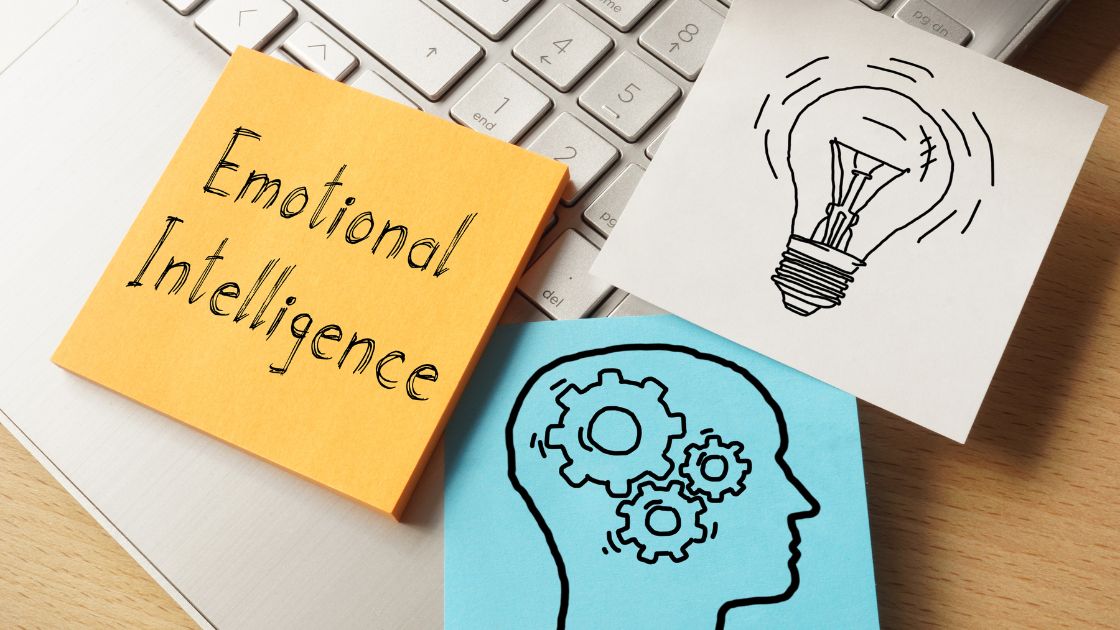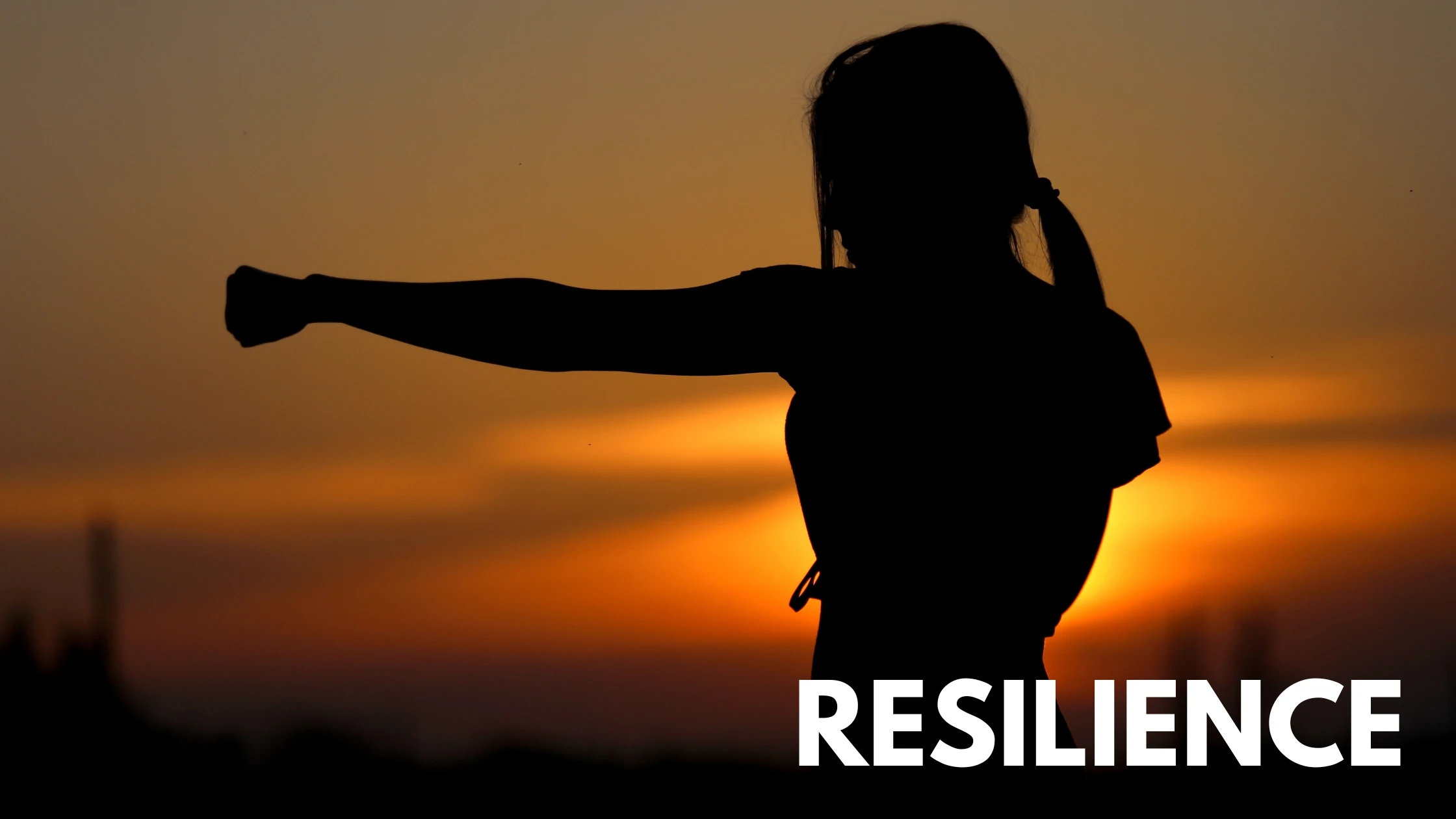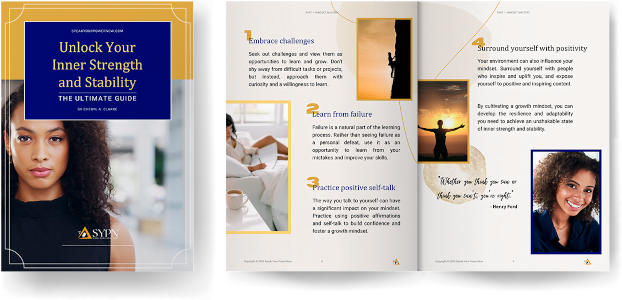Introduction
In our fast-paced world, the past can often weigh us down, hindering our personal growth and well-being. Meditation and mindfulness offer powerful tools to help us let go of the past, allowing us to live more fully in the present moment. This article explores the numerous benefits of integrating meditation and mindfulness practices into our lives to overcome the burdens of the past.
Understanding the Power of Meditation and Mindfulness
Embracing the Present Moment
Meditation and mindfulness encourage us to focus on the present moment, fostering a heightened awareness of our thoughts, emotions, and bodily sensations. By acknowledging the present without judgment, we can detach ourselves from the grip of past regrets and painful memories.
Breaking the Cycle of Overthinking
Constantly ruminating about the past can lead to overthinking and anxiety. Meditation helps us become more attuned to our thought patterns, allowing us to recognize and redirect negative thought loops. Mindfulness aids in recognizing the triggers that bring us back to past events, enabling us to respond more skillfully.
Letting Go of Emotional Baggage
Cultivating Self-Compassion
Meditation teaches us to treat ourselves with kindness and understanding. Mindfulness helps us observe our emotions without self-judgment. By offering ourselves compassion, we can gradually release the emotional baggage associated with past experiences.
Dissolving Grudges and Resentment
Mindfulness meditation encourages forgiveness and acceptance. Through these practices, we can come to terms with past conflicts, releasing the grip of grudges and resentment that prevent us from moving forward.
Enhancing Emotional Resilience
Developing a Resilient Mindset
Regular meditation and mindfulness practice enhance our emotional resilience. These practices enable us to approach challenges with a clear and calm mind, reducing the emotional reactivity often triggered by past traumas.
Managing Stress and Anxiety
Stress and anxiety are often rooted in worries about the past or future. Meditation and mindfulness anchor us in the present, helping us manage stress and anxiety by redirecting our focus away from past regrets and future uncertainties.
Improving Overall Well-being
Cultivating Gratitude
Mindfulness encourages us to appreciate the small joys of life. By focusing on the present, we can develop a sense of gratitude that counteracts the negativity associated with dwelling on the past.
Promoting Mind-Body Connection
Meditation and mindfulness strengthen the connection between our mind and body. This connection helps us release physical tension caused by holding onto past traumas, resulting in improved overall well-being.
Conclusion
In the journey of life, letting go of the past is essential for personal growth and well-being. Meditation and mindfulness provide invaluable tools for achieving this liberation. By embracing the present moment, cultivating self-compassion, enhancing emotional resilience, and promoting gratitude, these practices empower us to release the burdens of the past and live a more fulfilling life.
FAQs (Frequently Asked Questions)
1. Is meditation suitable for everyone?
Meditation is suitable for individuals of all ages and backgrounds. It can be adapted to suit various preferences and needs.
2. How long should I meditate to see results?
Consistency matters more than duration. Starting with a few minutes daily and gradually increasing the time can yield positive results.
3. Can mindfulness help with current stressors too?
Yes, mindfulness techniques can be applied to manage stressors in the present moment effectively.
4. Do I need any special equipment for meditation and mindfulness?
No special equipment is required. A quiet space and a comfortable sitting posture are sufficient to begin your practice.
5. Can mindfulness replace professional therapy for past traumas?
While mindfulness can be a helpful complement to therapy, it’s essential to consult a mental health professional for severe traumas or emotional distress.












